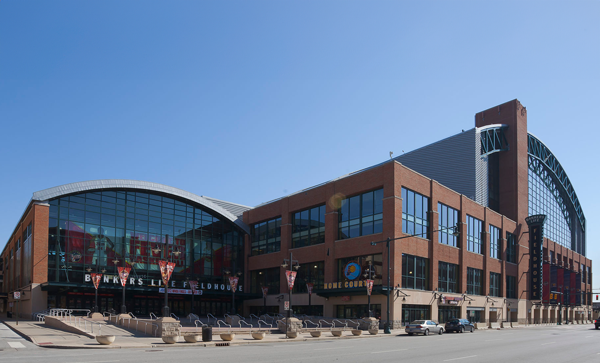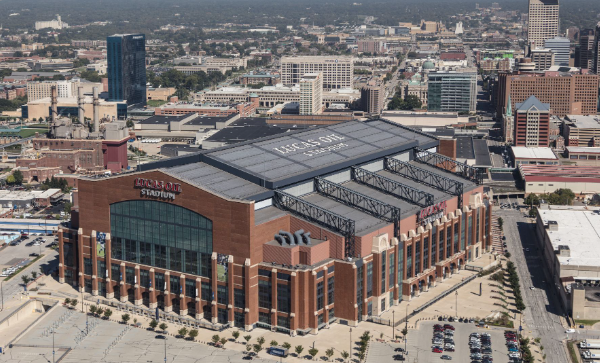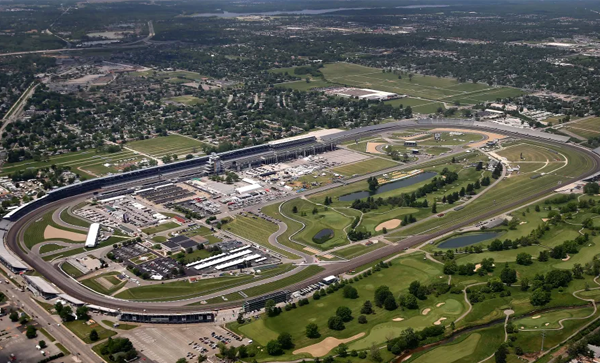Indianapolis Heating Services
Schedule on your own without making a call. Click the button below to get started!
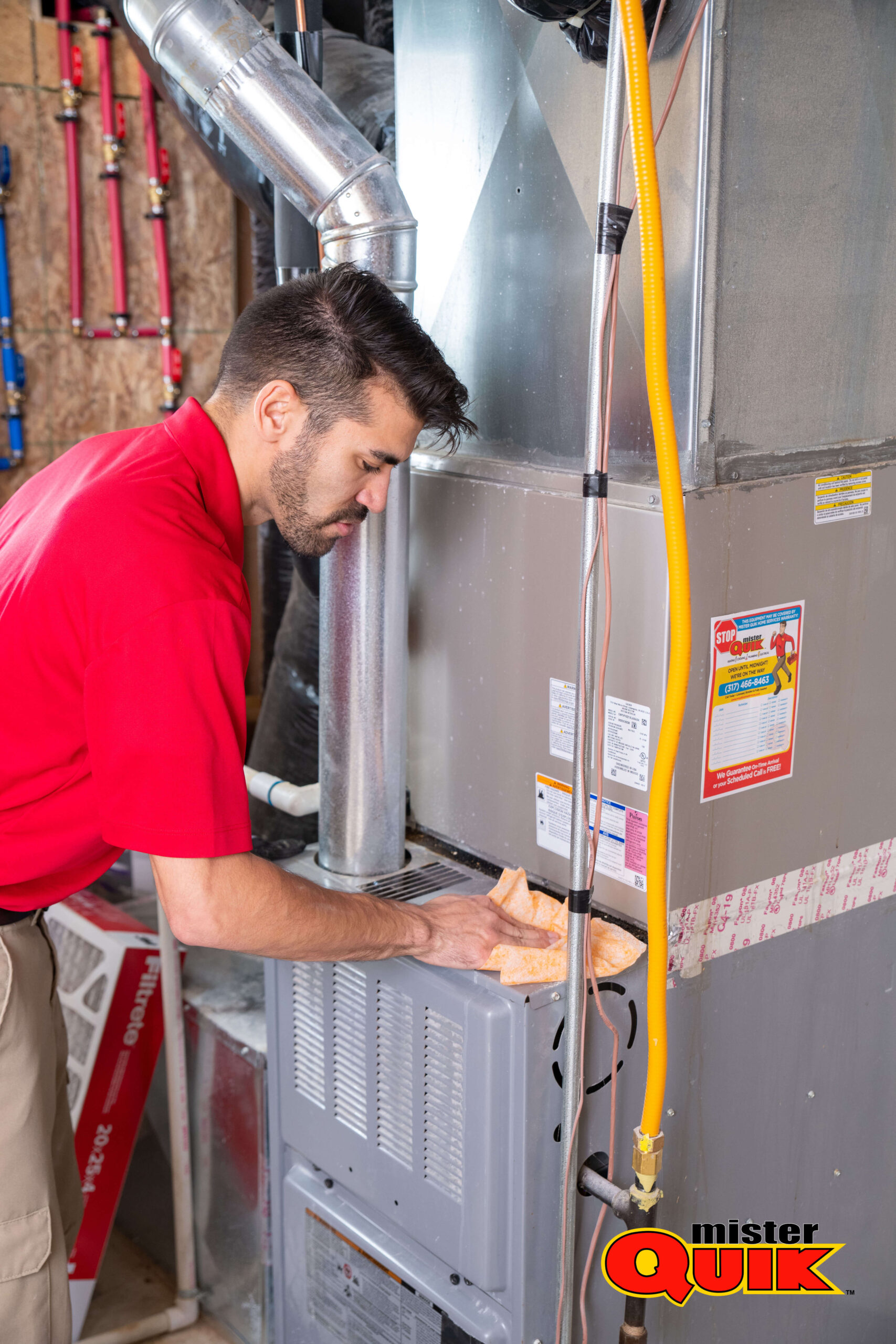
What Causes Your Heater to Stop Working Properly?
Brrr… Indianapolis weather got you shivering in your boots? If you’re encountering heater issues, you came to the right place!
Living in Indianapolis, you know winter doesn’t mess around. But when your heater decides to take a vacation just as the temperatures plummet, it can leave you shivering and searching for answers. Don’t fret, fellow Hoosier! Before you bundle up in every blanket you own, let’s explore some common culprits behind a malfunctioning heater and see if we can get that heat pump humming again.
The Usual Suspects:
- Clogged Air Filter: This is the silent enemy of airflow! Check your filter – if it’s grey and grimy, replace it immediately. A clean filter ensures proper airflow, preventing your system from overheating and shutting down.
- Thermostat Troubles: Is your thermostat set correctly? Ensure it’s on “heat” mode and the desired temperature is higher than the current room temp. Double-check batteries if it’s battery-powered.
Power Outage: This might seem obvious, but a quick power check can save you a call to the repair person. Peek outside to see if your neighbors are illuminated, or check online outage maps.
Steps to Troubleshoot Common Heating Problems Before Calling for Repair
Before you panic and reach for the repairman’s number, take a deep breath! Many common heater woes have simple solutions you can tackle yourself, saving you time and money. Let’s be our own heating heroes!
Thermostat Blues: Double-check it's set to "heat" and the desired temperature is higher than the room temp. Sometimes, it's the things that we typically overlook that give us the most problems!
Power Play: Is your furnace turned on? Did a sneaky breaker trip in the main panel? A quick power check can save the day.
Filter Frenzy: This little hero silently battles dust bunnies. If it's looking grimy, replace it with a fresh one for better airflow and a happier furnace.
Give it Time: Sometimes, your heater just needs a moment to catch up. Wait 15-20 minutes after adjusting the thermostat before throwing in the towel.
Reset Rockets: If your system has a reset button, give it a gentle press. This can sometimes clear minor glitches. Consult your manual for the specific location.
Venting Mishaps: Make sure air vents aren't blocked by furniture, rugs, or curtains. Blocked vents mean restricted airflow and an unhappy heating system.
HVACR technicians install, maintain, and repair heating, cooling, and refrigeration systems. Heating, air conditioning, and refrigeration mechanics and installers—often called HVACR technicians—work on heating, ventilation, cooling, and refrigeration systems that control the temperature and air quality in buildings.
One of the most common issues with a heating system not functioning is dirty air filters. If your air filters are extremely dirty, then the airflow can be blocked. Check for clean air filters, vents, and registers. Make sure there are no rugs or furniture blocking vents or registers as well.
The best person to check the boiler and central heating system is a qualified gas engineer or plumber. If the seller can’t provide a gas safety certificate from the past 12 months or boiler maintenance records, it’s definitely worth doing. Boilers are expensive.
Geothermal Heat Pump System. This type of system relies on a series of underground pipes to circulate water below ground where it is warmed in the winter and cooled in the summer. This is highly energy efficient, as it uses the natural temperature of the earth’s soil as part of the climate control process.
Anyone who’s opened an eye-popping energy bill in the middle of winter or one for air conditioning in the summer has probably wondered which system costs more to operate. According to analyses, it’s no comparison: heating your home requires four times more energy in the US than cooling your home.
Should I Repair or Replace My Heater? - Indianapolis Heating Services
Fix or ditch? Weighing your heater’s fate.
Facing a kaput heater is no fun, especially when you’re trying to decide between a fix and a full-blown replacement. Let’s weigh the pros and cons to help you make the most cost-effective decision!
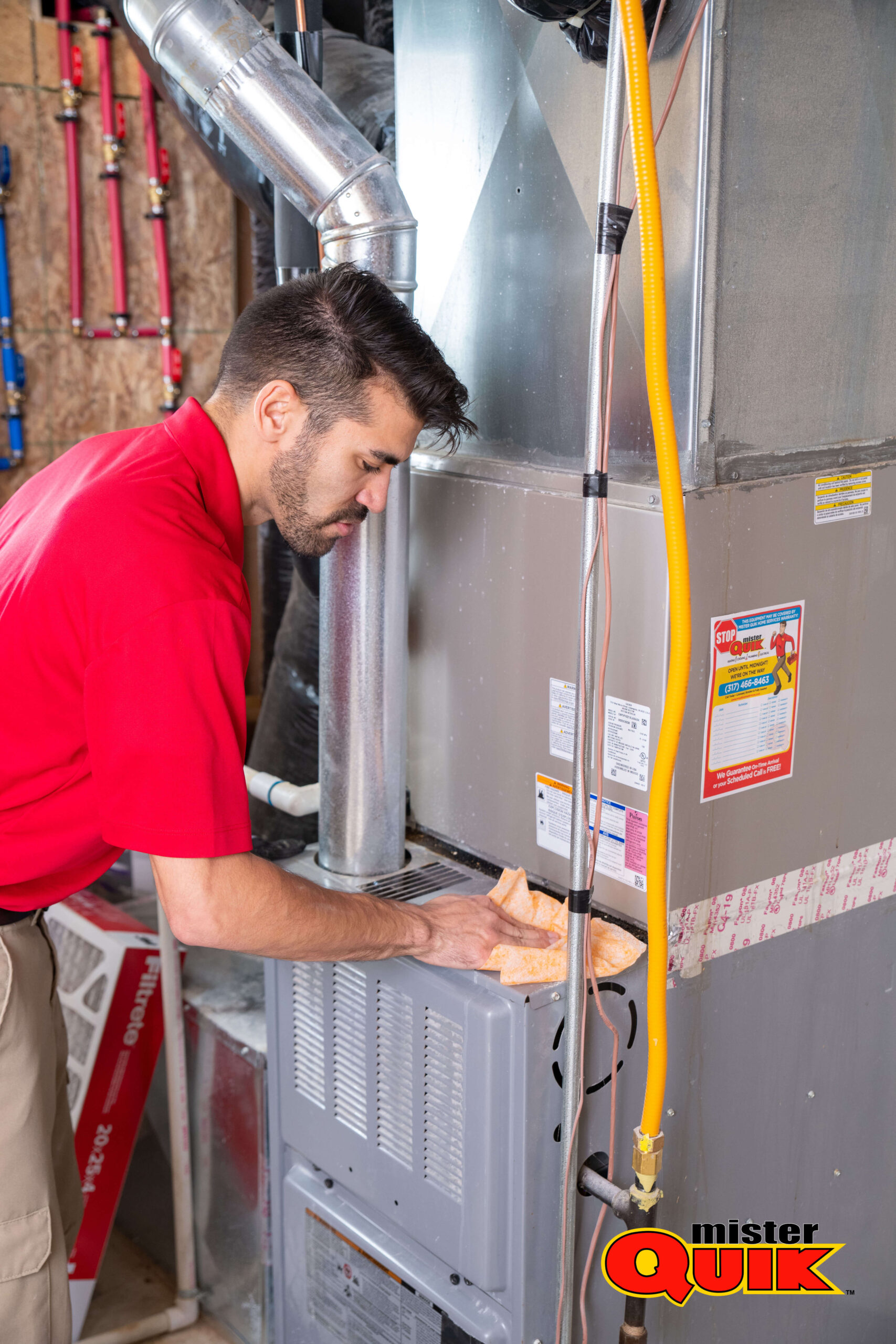

- Age Matters: Is your heater a young buck (under 10 years old)? Minor repairs might be worth it, especially if it’s a one-time issue. Think of it like patching a leaky tire instead of buying a new car.
- Cost Comparison: Get estimates for both repair and replacement. If the repair cost is significantly less than half the price of a new heater, fixing might be the budget-friendly option.
- Emotional Attachment: Do you have a soft spot for your old heater? If it’s served you well for years and the repair isn’t major, holding onto it might make sentimental sense.
- Frequent Flyer: Does your heater seem to need repairs more often than your doctor’s visits? Constant fixes can add up, and a new unit might offer long-term savings.
- Efficiency Upgrade: Newer heaters are much more energy-efficient, potentially saving you money on your energy bills in the long run. Think of it like trading in an old gas guzzler for a hybrid.
- Safety Concerns: If your heater emits strange smells, makes worrying noises, or has issues related to carbon monoxide leaks, replacing it is a no-brainer. Safety first!
- Consult a Pro: Get quotes and advice from qualified HVAC technicians. They can assess your specific situation and offer expert recommendations.
- Consider Long-Term: Don’t just focus on the immediate cost. Factor in potential future repairs, energy efficiency, and peace of mind when making your decision.
- Trust Your Gut: Ultimately, the choice is yours. Weigh the options, consider your budget and comfort level, and go with the solution that feels right for you.
How Much Does a Heating Repair Cost?
When your heater decides to take a vacation just as the temperatures plummet, the first question that pops into your head is likely: “How much will this cost me?”
While there’s no one-size-fits-all answer, let’s explore the factors that influence heating repair costs and give you a general idea of what to expect:


The Culprit: Different problems come with different price tags. Simple issues like replacing a clogged filter or resetting a tripped breaker are relatively inexpensive. More complex repairs, like fixing a faulty control board or replacing a heat exchanger, can be pricier.
Parts & Labor: The cost of replacement parts varies depending on their rarity and complexity. Labor costs also play a role, with experienced technicians typically charging more per hour.
Location, Location, Location: Repair rates can differ based on your area. Urban areas generally have higher costs compared to rural ones.
The Big Picture: Remember, the initial repair cost isn't always the whole story. Consider factors like:
• Warranty: Does your system have a warranty that covers the repair?
• Future Repairs: Is this a one-time issue, or is your heater nearing its lifespan and likely to need further repairs soon?
• Replacement vs. Repair: In some cases, depending on the age and condition of your system, replacing it altogether might be a more cost-effective option in the long run.
Pro Tip: Before calling a technician, gather information about your heater's make, model, and the nature of the problem. This will help them provide a more accurate estimate.
What Is the Average LifeSpan of a Heating System?
Ah, the age-old question: how long will my trusty heater keep me warm and toasty? It’s a tricky one, as every unit is different, but fear not! Let’s delve into the average lifespan of heating systems and help you decide when it might be time for an upgrade.
Heating System Lifespan 101:
Furnaces
These workhorses typically last 10-15 years with proper care. If yours is nearing this age and showing signs of wear (increased repairs, strange noises, etc.), it might be wise to start budgeting for a replacement.
Boilers
These steamy fellas can chug along for 20-35 years on average. However, similar to furnaces, keep an eye out for aging symptoms around the 20-year mark.
Heat Pumps
These versatile wonders offer both heating and cooling, lasting around 10-15 years. Regular maintenance is key for maximizing their lifespan.
Remember, these are just averages, and there are several other factors that can affect your heating system’s longevity.
Signs it's Time to Buy a New Heater - Indianapolis Heating Services
We all love the feeling of a toasty warm home in the chilly months. But what happens when your once-mighty heater starts feeling more like a lukewarm breeze dispenser? Before you bundle up in every blanket you own, consider these telltale signs that might scream “It’s time for a new heater!”
Heating System Red Flags:
Furnaces and boilers typically last 10-15 years, heat pumps10-15 years. If your heater's pushing this limit, it might be on borrowed time.
Constant breakdowns are a red flag. Consider the cost of repairs vs. a new, more reliable system.
- Ensure the thermostat is set to “heat” mode.
- Confirm the desired temperature is higher than room temperature.
- Check if the furnace is plugged in and turned on.
- Inspect for any tripped breakers in the main panel.
- Regularly replace clogged air filters for improved airflow.
- Ensure vents are unobstructed to prevent restricted airflow.
- Allow 15-20 minutes for the heater to adjust after the thermostat changes.
- Attempt to reset the system if applicable, consulting the manual for guidance.
- Assess repair costs versus replacement estimates.
- Factor in heater age, frequency of breakdowns, and safety concerns.






